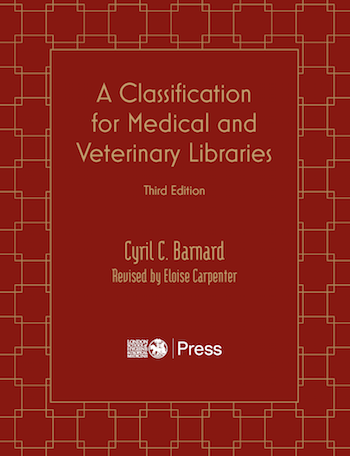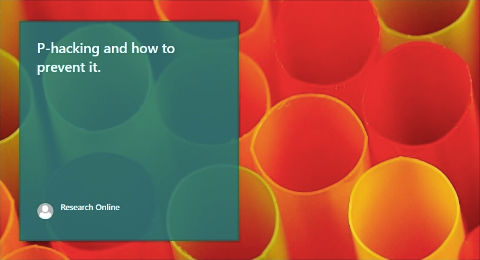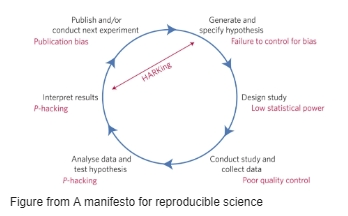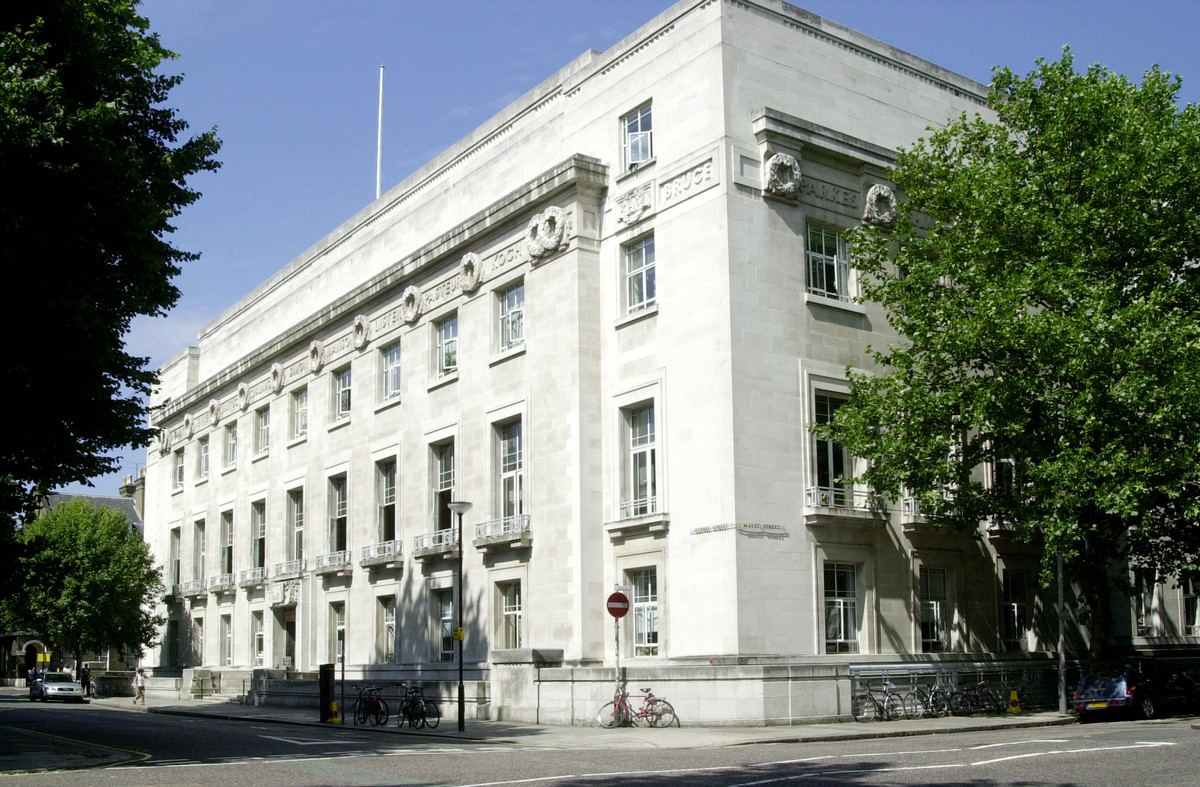



.jpg)
|
The Community Eye Health Journal is the latest journal to be published on the LSHTM Press.Hugh Bassett, Communications Officer, International Centre for Eye Health Around the world, one in eight people have some form of sight loss for which they haven’t received any treatment. That’s over a billion people who are less able to work, care for their family and enjoy life due to not having access to eye care that others take for granted. In fact, over 90% of people with vision impairment simply need cataract surgery or a pair of glasses, both existing and highly cost-effective treatments. The vast majority of people with this unaddressed sight loss live in low and middle-income countries (LMICs), where a lack of resources is often hampered by a lack of knowledge and relevant, up-to-date eye care information among eye care workers. The Community Eye Health Journal (CEHJ) meets this need for practical, relevant guidance on the clinical, practical, and public health aspects of eye health. It is a free, peer-reviewed journal that is available online, in print, and via a smartphone app. The CEHJ is unique in that it is the only journal that focuses on practical eye care delivery, not just research. We cater to the whole eye health team and reach some of the hardest-to-reach health care workers in the world. Readers include policy makers, managers, ophthalmic nurses and allied eye health personnel, ophthalmologists, optometrists, and general medical personnel working in eye care.
The CEHJ has been published since 1988 by the International Centre for Eye Health. Our move to LSHTM Press made sense for us as a journal – we are now part of an exciting new open access platform at a world-renowned university for public health. We’re looking forward to being part of an initiative to enable the widest possible dissemination of accessible and inclusive information. Read the latest issue of the CEHJ, Microbial keratitis: a practical guide Posted 12th February 2025 |

|
Publishing your research: how to select a journalLSHTM PRESS Academic Publishing Explainer Series Finding the right journal for your research can be a daunting task – there are hundreds to choose from and many different options to consider. At LSHTM Press we believe that breaking down barriers to both publishing and reading scientific research is fundamental, and the guidance below is written with this at its heart. 1. Make a list of potential journalsHere are some tips to help you create a list of journals to target:
2. Compare and evaluateHere are some factors you might consider:
3. Consider opportunities for open access publishing and constraints related to fundingEnsuring your work is open access increases the likelihood your work will be cited, and will increase its reach and impact. It is worth noting that many institutions (including LSHTM), plus major funders, require research articles to be open access immediately on publication. If you do not have the funds to publish in a fully open access journal that requires a fee, you can still make your article open access by:
Publishing in a hybrid journal and making the accepted manuscript version open access in a repository such as LSHTM Research Online. This is known as the green open access route. 4. Making your decisionHopefully by following the steps above you’ll have narrowed your original list of journals down to a more manageable number and now have a shortlist of journals you want to target. It’s a good idea to have two to three options so you’re ready to resubmit if rejected from your first choice. You should only submit to one journal at a time. If you are finding it hard to make your final decision, think about your priorities as a researcher and what you hope to achieve with this publication. If you’re thinking only about promotion and CV building, go for a journal recommended by a supervisor or senior colleague that is a good fit in terms of aims and scope. If you want the research out there as fast as possible, go for a journal with a higher acceptance rate or faster processing time. 5. Avoiding predatory journalsPredatory journals seek to exploit the pressure researchers are under to publish their work. They are low quality and perform no peer review. They will usually charge a fee to publish and often misrepresent their readership, metrics and editorial board. In some cases they may even duplicate a legitimate journal’s website. Predatory journals approach researchers directly, inviting them to submit a paper. If you are unsure about the quality of any journal, there are a few things you can do/consider:
See our previous post by John Heyderman for more information on how to avoid predatory publishers. Posted 12th February 2025 |

|
A Classification for Medical and Veterinary Libraries (LSHTM Press, 2024)Eloise Carpenter, Collection Services Manager, London School of Hygiene & Tropical Medicine We are delighted to announce the publication of the 3rd edition of A Classification for Medical and Veterinary Libraries by Cyril Cuthbert Barnard, revised by Eloise Carpenter. This is also the first book published by LSHTM Press. Barnard, CC 2024, A classification for medical and veterinary libraries, rev. E Carpenter, LSHTM Press, London. Preface to the third edition copied below:In 1936, Cyril Cuthbert Barnard (1894-1959) published the first edition of his Classification for Medical and Veterinary Libraries. Barnard was the first professional librarian at the London School of Hygiene & Tropical Medicine (LSHTM), in post between 1921-1959. While selecting resources, it had soon become apparent to Barnard that the classification schemes available at the time were not suitable for the specialist focus of LSHTM. Barnard devised his own classification scheme focusing on tropical medicine and public health, revising it in 1955 to accommodate new and emerging subjects. The LSHTM Library, together with other academic libraries and health organisations, has used the scheme ever since. During the summer of 2019, the Library decided to embark on a project to review and update Barnard’s classification scheme. There were several motivations for this long overdue revision. Classifying twenty first century resources with a scheme based in the 1950s was proving a frustrating experience for Library staff, but also more importantly for readers trying to locate resources. Advances in science and medical knowledge meant some classifications placed subjects in classes they no longer belonged in. This was not only inaccurate but unhelpful for readers browsing the Library shelves or trying to find similar items in a catalogue search. Many subjects being taught and researched today had no class mark in the schedules so local amendments abounded. Several subjects displayed the prominence that they had enjoyed in the post-war years with lengthy lists of class marks no longer relevant for contemporary research. The resulting medley of class marks was increasingly unsatisfactory and brought into sharp focus with the introduction of an annual collection evaluation exercise and periodic mapping exercise. Correct and meaningful reporting on subjects contained in the Library’s collections and mapping them to research priorities and teaching interests of LSHTM relies on effective analysis of metadata contained in catalogue records. Accurate placing of subjects within the schedules is fundamental for enabling access to resources and for ensuring productive collection management. When Barnard amended his scheme in the 1950s Britain was experiencing unprecedented social and political change. In addition to initiatives in health, welfare and education provision, Britain was faced with the ‘end of Empire’ and the shifting balance of power from colonialism to independence. However, the withdrawal of colonial power did not lead to a decolonisation of thought and practice. The legacy of colonial and imperial history remained embedded in British society, including universities and their libraries. The coloniality of knowledge and prominence given to Western thought reproduced itself in the content of library collections and library practices. Traditionally the nature of library collections has been to control and classify resources resulting in cataloguing and classification conventions which promote Western thought and knowledge structures: subject headings rooted in a racist and sexist past, colonial taxonomies, language that appropriates or ignores the ‘other’ so perpetuating ideas of inferiority and superiority, and the geo-politicisation of knowledge. The bias inherent in the language and structure of the scheme is repeated in the search hierarchies and language of library discovery tools. Decolonising Barnard’s classification scheme was therefore essential as part of the revision process, and in supporting the aim of LSHTM in decolonising its curriculum and pedagogy. This revised edition provides a classification scheme which meets modern library and information services collections requirements and reflects current research and teaching priorities in public and global health. The 1950s language of inequality, oppression and societal power relations has been replaced by one which promotes equality, diversity and inclusion. This edition is also the first one to be published as open access. Barnard believed no library could be self-sufficient and strongly advocated for the sharing of knowledge and resources. Throughout his career, Barnard supported national and international collaboration between libraries and librarians. In our modern global society, libraries and open access publishing are recognised as key players for achieving the United Nation’s Sustainable Development Goals by providing improved access to information and knowledge. The Barnard classification scheme supports these objectives. Open access publication enables the scheme to be freely available to as many libraries and organisations as possible and ultimately contribute to a more sustainable future. For further information about the scheme, email library@lshtm.ac.uk This post was originally written for the LSHTM Library, Archive & Open Research Services blog Posted 12th February 2025 |

|
Avoiding predatory publishersJohn Heyderman LSHTM Library, Archive & Open Research Services As the scholarly publishing landscape continues to evolve, researchers face the challenge of how to tell reputable journals from predatory ones. Predatory journals exploit researchers by promising quick publication without rigorous peer review, often resulting in the dissemination of poor-quality research. Fees can be hidden in the small print resulting in surprise invoices and threatening emails when the author’s institution refuses to pay up. Although there sometimes appears to be grey area between legitimate and predatory journals 2019, a panel including publishers, librarians, researchers, and others were able to word a definition: “Predatory journals and publishers are entities that prioritise self-interest at the expense of scholarship and are characterised by false or misleading information, deviation from best editorial and publication practices, a lack of transparency, or the use of aggressive and indiscriminate solicitation practices.” But how does an early career researcher avoid falling into the trap of handing over their research outputs to such a nefarious publisher? Here are six questions to ask when considering whether to submit to a journal: 1. What is the Journal's Reputation
2. What is the Journal’s Peer Review Process?
3. How high is the Quality of Published Articles?
4. What is their Fee and Copyright Policy
5. Do they have a reputation, whether good or bad?
6. Do they promise fast-track submission to publication?
Navigating the scholarly publishing landscape demands caution and guidance. Asking these questions can help you safeguard your work and contribute to the integrity of research in your field. Further Reading
Posted 16th July 2024 |

|
P-hacking and how to prevent itP-Hacking or data dredging is the practice of analyzing data until you find the results needed to back up your hypothesis. However, in many cases this practice is unintentional and researchers follow the P-hacking route without fully realizing they are doing it. The scientific method is built on formulating a hypothesis, designing the study, running the study, analyzing the data and then publishing the study (1). Through the strict adherence to these steps in a transparent and clear manner, what is published will provide evidence for the initial hypothesis or not. In most cases, the published results are positive and this is where the issue of P-hacking comes in. During the analysis stage, researchers can identify positive results when there isn’t any. As Munafo, et al. states, whilst scientists should be open to new and important insights they need to simultaneously avoid being led astray by the tendency to see structure in randomness (2). P-hacking can derive from apophenia, confirmation bias and hindsight bias. Apophenia is when people pick up patterns in random data, they are looking for a significant result and will keep looking until it is ‘discovered’. The inbuilt basis is amplified by the makeup of data analysis, there are a multitude of ways in analyzing the same data, making it more likely to identify false positives. Hypotheses may emerge that fit the data and are then reported without indication or recognition that you are hypothezing after the results (3)  How then can we prevent P-hackingTo avoid cognitive bias you can introduce a blinding element into the process, such as between the data analysis and key parts of the data. Improved statistical training and being able to replicate the result from the same sample size. Research reproducibility is key to ensuring that identifying a significant result can be reproduced with a clear and transparent methodology and study design. Preregistration was introduced to tackle publication bias, ensuring that papers are published regardless of the final outcome of the study, it can also be used against P-hacking by preventing the outcome being switched during data analysis, as the proposed study has already been registered and needs to be followed all the way through. There is a wider issue around research culture which sways towards competitiveness rather than collaboration. Researchers are under pressure to publish papers and with most journals, publication is tied to positive and not negative or null results. Until there is less push and pull to publish papers that confirm a novel hypothesis rather than through robust scientific method, then p-hacking will be difficult to avoid. References
Posted 8th March 2024 |
.jfif)
|
Launch of LSHTM PressLaunched in September 2022, the new institutional publisher LSHTM Press will publish peer-reviewed research and high-quality educational resources, in accordance with the LSHTM mission to improve health and health equity in the UK and worldwide. As with other similar institutional publishing initiatives, LSHTM Press has developed to support open publishing where costs are transparent and kept to a minimum. This is in response to funder mandates for open access, and will be an alternative to commercial publishing venues where the costs charged to authors for open access have been escalating with little transparency. In addition, LSHTM Press aims to facilitate innovative and experimental publishing methods while striving towards equity in academic publishing in global health. LSHTM Press has launched with, and will continue to develop, a focus on equity, diversity and inclusion (EDI), and is in alignment with central LSHTM vision and values. Two dedicated EDI leads sit on the LSHTM Press Steering Committee, and the whole team is committed to promoting inclusivity and reducing barriers. Professor of Epidemiology at LSHTM, Elizabeth Brickley, said: “The Press is committed to ensuring fair representation with respect to gender, race and ethnicity, and country of origin. Editorial boards will be expected to include experts from the countries and regions in which the research is primarily conducted, particularly where the research is undertaken in low and middle income countries. And applications from new journals will be expected to provide details of how they will ensure continued compliance with the EDI strategy, for example how they will approach peer-reviewer selection and their approach to authorship.” The LSHTM-affiliated journal Community Ear and Hearing Health is the first journal to join forces with LSHTM Press, with another soon to be announced. Posted 15th February 2024 |

|
Community Ear and Hearing HealthThe first journal to be published by LSHTM Press, Community Ear and Hearing Health is an annual publication to promote ear and hearing health in low- and middle-income countries. It aims to facilitate continuing education for ear and hearing health workers at all levels of the health system, with a focus on those based in the community. A print version is distributed free of charge to almost 4,000 healthcare workers in 181 countries. Each issue has a theme and is made up of commissioned articles (or practice notes), focusing on practical impact in low resource settings with a lot of visual elements. CEHH has been in print since 2004 with a basic online presence. Since CEHH was integrated into LSHTM Press and has developed its new website, it can develop as both a print and an online publication, with the hope that the new online edition will reach even more health workers. The latest issue ‘Human resources: what happens after training?’ (Vol.19, Issue 23) was published in early 2023. By partnering with LSHTM Press and utilizing the tools available via its platform, there has been a noticeable increase in engagement with the online edition. Ear and hearing problems in low and middle-income countries are usually seen at primary level by personnel who may not be specialized in this field. CEHH offers practical advice, promotes ear and hearing health and facilitated continuing education for all levels of ear and hearing health worker, including those based in the community. Posted 15th February 2024 |

|
UKRI Policy on long-form outputsFrom January 2024, the UKRI open access policy will apply to monographs, book chapters and edited collections. Making your long-form output open access means that the results of publicly funded research are available to everyone for free under conditions that enable them to be re-used and built upon. Researchers funded by any of the UK research councils under UKRI can apply for funding, via their institution, to publish their long-form output open access. Exemptions and limitations apply. In summary, the core requirements of the policy are:
These requirements and definitions of in-scope and exempt types of publication are further detailed in the UKRI open access policy. If you are funded by UKRI and seeking to publish your long-form output open access get in touch with us at LSHTMPress@lshtm.ac.uk. Posted 15th February 2024 |
.png)